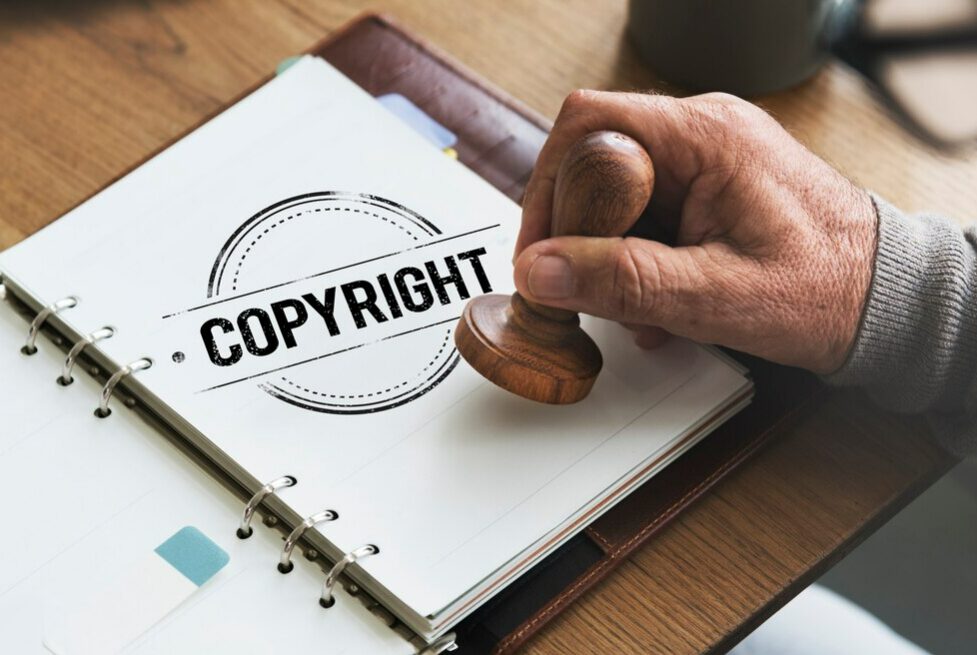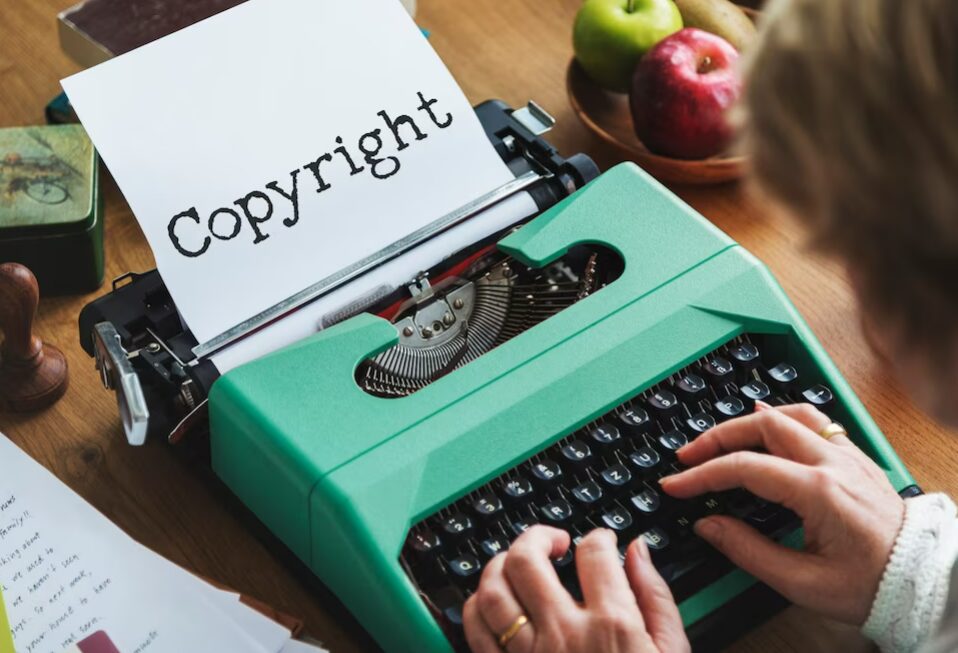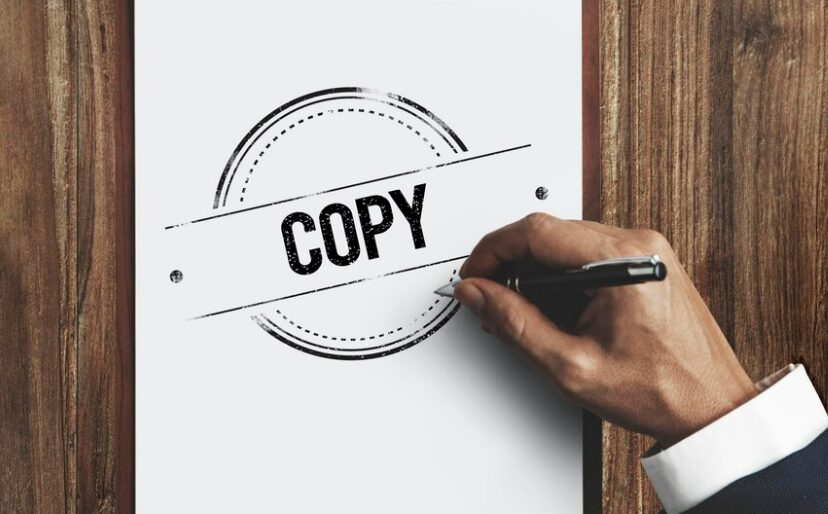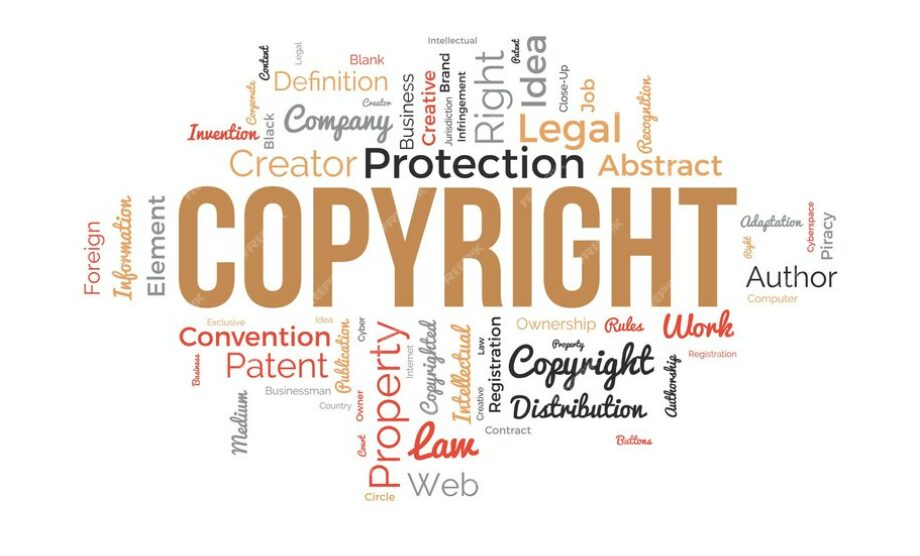Copyright Registration in Delhi
Copyright Registration in Delhi is governed by the Copyright Act of 1957 and administered by the Copyright Office under the Department of Higher Education in the Ministry of Human Resource Development. Here’s how the copyright registration process works in India

Copyright Registration in Delhi
Application Form: The applicant needs to fill out the appropriate application form for Copyright Registration in Delhi These forms are available both online and offline through the official website of the Copyright Office.
Documents Required: Along with the application form, the applicant must submit copies of the work to be registered. The number of copies and format requirements may vary depending on the type of work being registered.
Fee Payment: The applicant must pay the requisite fees for copyright registration. The fees vary depending on whether the application is made online or offline and the type of work being registered.
Submission and Acknowledgment: Once the application form, documents, and fees are submitted, the Copyright Office provides an acknowledgment of receipt.
Examination: The Copyright Office examines the application to ensure that it complies with the requirements of the Copyright Act. This process may involve scrutiny of the originality and uniqueness of the work.
Copyright Registration Certificate: If the application is approved and all requirements are met, the Copyright Office issues a copyright registration certificate to the applicant. This certificate serves as prima facie evidence of ownership and validity of copyright.
Duration of Copyright: In India, the duration of copyright protection varies depending on the type of work. Generally, copyright protection lasts for the lifetime of the author plus 60 years for literary, dramatic, musical, and artistic works. For cinematographic films, sound recordings, and photographs, the duration is typically 60 years from the year of publication.
Benefits of Copyright Registration In India
Legal Protection: Copyright Registration in Delhi provides legal evidence of ownership and authorship of a work. It serves as prima facie evidence in court proceedings and helps establish the rights of the copyright holder.
Exclusive Rights: Copyright registration grants exclusive rights to the copyright holder to reproduce, distribute, perform, and adapt the copyrighted work. It helps prevent unauthorized use and exploitation of the work by others.
Statutory Damages and Legal Remedies: In case of copyright infringement, registered copyright holders are entitled to statutory damages and legal remedies, including injunctions and damages. Copyright registration strengthens the copyright holder’s position in legal disputes.
Global Protection: Copyright registration in India is recognized internationally through various international treaties and agreements, such as the Berne Convention for the Protection of Literary and Artistic Works. This provides global protection for the copyrighted work and facilitates enforcement against infringement worldwide.
Commercial Benefits: Copyright registration enhances the commercial value of the copyrighted work. It provides credibility and recognition in the marketplace, making it easier for creators to license, sell, or transfer their rights to the work.
Presumption of Validity: A copyright registration certificate creates a presumption of validity of the copyright in court proceedings. It simplifies the burden of proof for the copyright holder in establishing ownership and rights over the work.
Access to Legal Assistance: Registered copyright holders have access to legal assistance and support from the Copyright Office and legal professionals in case of disputes or infringement issues.
Deterrent to Infringement: Copyright registration acts as a deterrent to potential infringers, as it demonstrates the seriousness of the copyright holder in protecting their intellectual property rights.
Duration and Renewal: Copyright protection lasts for the lifetime of the author plus 60 years in most cases. Registration ensures that the copyright remains valid and enforceable throughout its duration. Renewal options are also available to extend protection beyond the initial term.
Rights of Copyright Owners
Reproduction Right: The reproduction right grants the copyright owner the exclusive right to reproduce the work in various forms, including making copies, recordings, or downloads of the work.
Distribution Right: The distribution right gives the copyright owner the exclusive right to distribute copies of the work to the public by sale, rental, lease, or lending.
Public Performance Right: This right allows the copyright owner to control the public performance of the work. It applies to activities such as public theatrical performances, musical performances, and readings of literary works.
Public Display Right: Copyright owners have the exclusive right to publicly display their works. This right is particularly relevant for visual arts, sculptures, photographs, and other visual works.
Adaptation Right: Also known as the derivative right, this grants the copyright owner the exclusive right to create adaptations, translations, or other derivative works based on the original work.
Moral Rights: In addition to economic rights, copyright laws in many jurisdictions also recognize moral rights. These rights protect the integrity and reputation of the author or creator by granting them the right to be attributed as the author and to prevent derogatory treatment of their work.
Right to Publicity: In some cases, copyright owners also have the right to control the commercial use of their work in connection with their identity, image, or persona.
Digital Rights: With the advent of digital technologies, copyright owners also have specific rights related to the digital distribution, transmission, and protection of their works online.
Licensing and Assignment: Copyright owners have the right to license or assign their rights to others, allowing third parties to use the work in exchange for royalties or other considerations.
Enforcement and Remedies: Copyright owners have the right to enforce their copyright against infringement. Remedies for copyright infringement may include injunctive relief, damages, and recovery of legal costs.



What Can Be Protected by Copyright Registration Online?
Literary Works: This category includes novels, short stories, poems, articles, essays, blogs, computer software, and other written works.
Artistic Works: Artistic works encompass drawings, paintings, sculptures, photographs, graphic designs, architectural works, and other visual artworks.
Musical Works: Musical compositions, including songs, melodies, lyrics, and musical arrangements, are eligible for copyright protection.
Dramatic Works: Plays, scripts, screenplays, choreographic works, and other dramatic compositions are protected by copyright.
Audiovisual Works: Cinematographic films, videos, television programs, and multimedia presentations are considered audiovisual works and can be registered for copyright online.
Sound Recordings: Recordings of musical performances, spoken word recordings, sound effects, and other audio recordings are eligible for copyright protection.
Photographs: Original photographs, including digital images, negatives, and prints, are protected by copyright law and can be registered online.
Computer Programs: Software programs, including source code, object code, and software documentation, are considered literary works and can be registered for copyright protection online.
Compilation Works: Collections of works, such as anthologies, databases, directories, and compilations, may be registered for copyright online if they exhibit sufficient originality in their selection, arrangement, or presentation.
Architectural Works: Original architectural designs, blueprints, and architectural drawings are eligible for copyright protection online.
Scope of Registration of Copyright and Protection
Original Works: Copyright protection applies to original works of authorship fixed in a tangible medium of expression. This includes literary works, musical compositions, artistic works, dramatic works, sound recordings, and audiovisual works, among others.
Exclusive Rights: Copyright Registration in Delhi grants the copyright holder exclusive rights to reproduce the work, prepare derivative works based on the original, distribute copies of the work, perform the work publicly, and display the work publicly.
Duration of Protection: The duration of copyright protection varies depending on the type of work and the jurisdiction. In many countries, including the United States and European Union member states, copyright protection generally lasts for the life of the author plus an additional term of 50 to 70 years after the author’s death.
Original Expression: Copyright protection extends to the original expression of ideas but does not protect ideas themselves, facts, systems, methods of operation, or principles. It’s the particular way in which an idea is expressed that receives copyright protection, not the idea itself.
Formalities: In many jurisdictions, copyright protection is automatic upon the creation of a qualifying work. However, registration with the copyright office may be required to enforce certain rights or claim statutory damages in case of infringement. Some jurisdictions require copyright notices to be affixed to works to receive full protection.
International Protection: Copyright protection is recognized internationally through various international treaties and agreements, such as the Berne Convention for the Protection of Literary and Artistic Works and the TRIPS Agreement. These agreements provide minimum standards of copyright protection and facilitate enforcement of copyright across borders.
Enforcement and Remedies: Copyright holders have the right to enforce their copyright against infringement. Remedies for copyright infringement may include injunctive relief, damages, and recovery of legal costs. In some jurisdictions, statutory damages and criminal penalties may also be available for willful infringement.
Fair Use and Exceptions: Copyright laws typically include provisions for fair use, fair dealing, or other exceptions that allow limited use of copyrighted works for purposes such as criticism, commentary, news reporting, teaching, scholarship, or research without the permission of the copyright holder.
Different Status: Copyright Registration Procedure
Application Filed: This status indicates that the applicant has submitted the copyright registration application along with the required documents and fees to the Copyright Office.
Under Scrutiny: Once the application is filed, it goes through the scrutiny process where the Copyright Office examines the application to ensure that it meets the requirements of the Copyright Act, 1957. This includes verifying the completeness of the application, the originality of the work, and compliance with other formalities.
Documents Deficient: If there are any deficiencies or discrepancies found in the application or documents submitted, the status may be changed to “Documents Deficient.” This indicates that the applicant needs to rectify the deficiencies or provide additional documents as required by the Copyright Office.
Objected: If the Copyright Office finds issues with the application during scrutiny, it may raise objections and change the status to “Objected.” This indicates that there are specific issues or concerns that need to be addressed by the applicant.
Accepted: Once the Copyright Office is satisfied with the application and all requirements are met, the status is changed to “Accepted.” This indicates that the application has been accepted for registration, and further processing will continue.
Registration Certificate Issued: After the application is accepted and all formalities are completed, the Copyright Office issues a copyright registration certificate to the applicant. This certificate serves as legal evidence of ownership and validity of copyright.
Registered: The final status in the copyright registration process is “Registered.” This indicates that the copyright registration is complete, and the applicant is officially recognized as the copyright owner of the registered work.
How to Check Copyright Status in India?
Visit the Copyright Office Website: Go to the official website of the Copyright Office, which is part of the Department of Higher Education, Ministry of Education, Government of India.
Navigate to the Copyright Status Check Page: Look for the section or page on the website that allows you to check the status of copyright applications. This section may be labeled as “Copyright Status Check” or “Application Status.”
Enter Application Details: You will typically be asked to enter specific details related to your copyright application. This may include the application number, title of the work, name of the applicant, and other relevant information.
Submit and Check Status: Once you have entered the required details, submit the information to proceed. The system will then retrieve the status of your copyright application based on the information provided.
Review the Status: After submitting the details, the website will display the current status of your copyright application. The status may indicate whether the application is under scrutiny, accepted, objected, or if the registration certificate has been issued.
Take Necessary Actions: Depending on the status displayed, you may need to take appropriate actions. For example, if the application is objected, you may need to address the concerns raised by the Copyright Office. If the application is accepted, you can await further updates or the issuance of the registration certificate.
Follow Up if Needed: If you have any questions or concerns about the status of your copyright application, you can contact the Copyright Office directly for assistance. Contact information for the Copyright Office is usually provided on their website. contact us now
